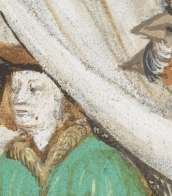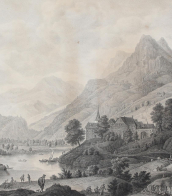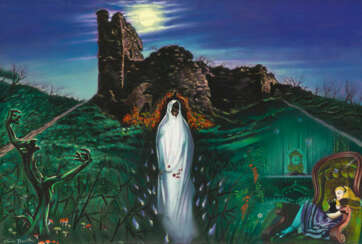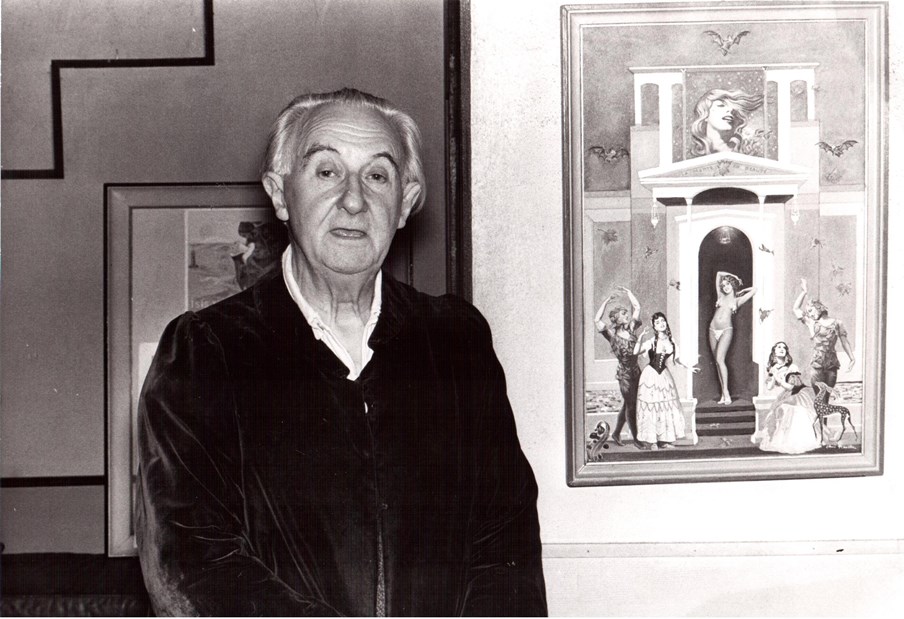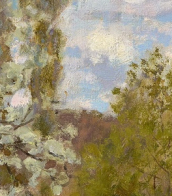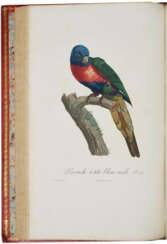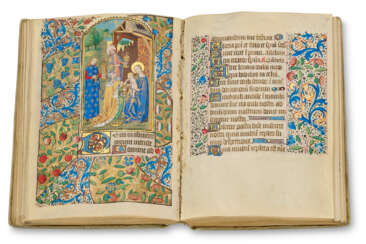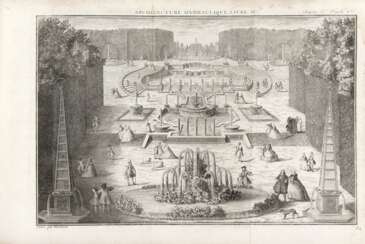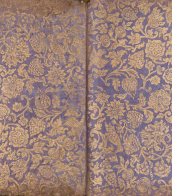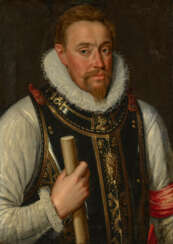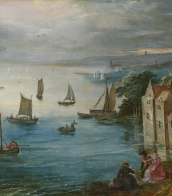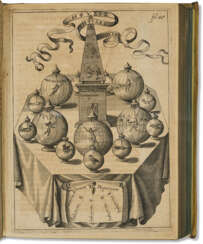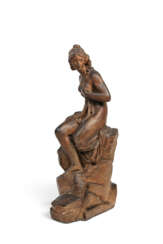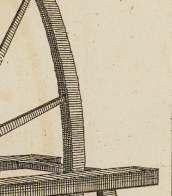raul soldi
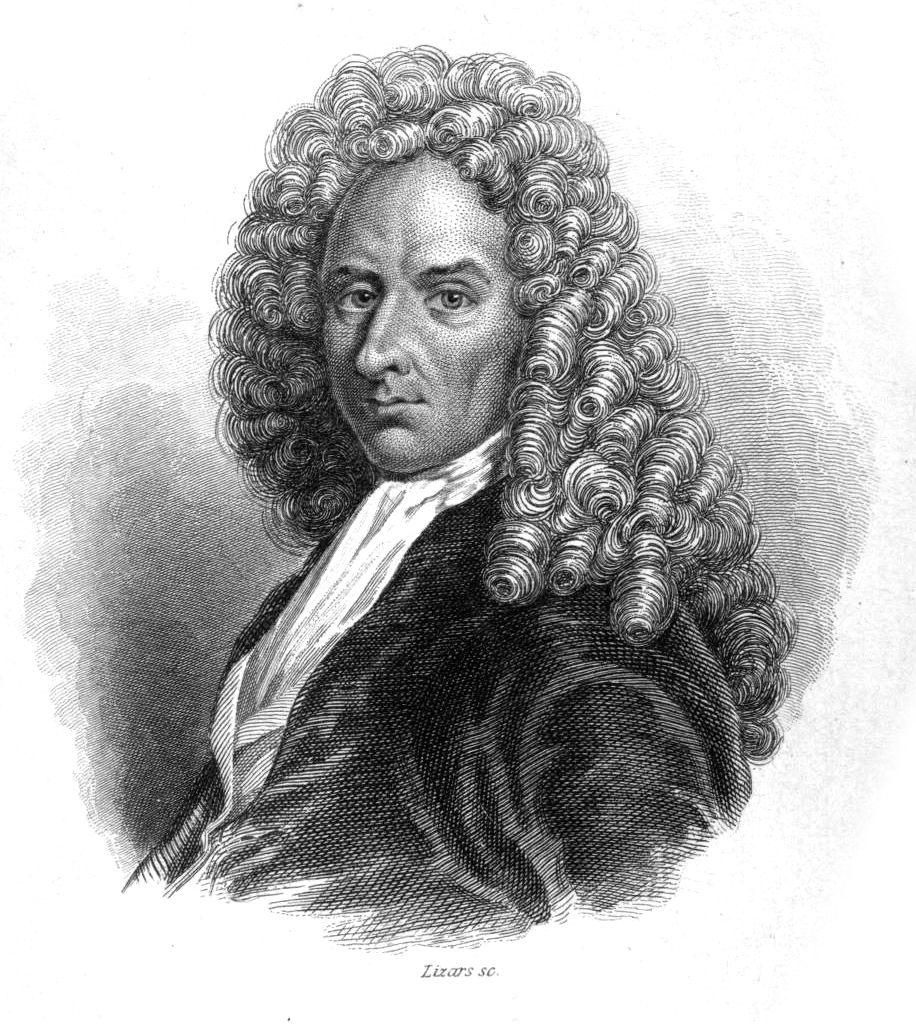
François Levaillant was a French ornithologist, traveler and writer.
Levaillant was born in Dutch Guiana, where his father was French consul. He returned with his family to France, where he eventually became a dealer in natural history specimens. At the age of 27, trained as an ornithologist, he traveled to southern Africa with the Dutch East India Company to collect specimens for his collection. Levaillant was one of the first naturalist explorers to venture into uncharted and dangerous Africa to see and study birds in their natural habitat.
Returning to France in 1785 after several years of traveling, he began writing ornithological works based on his diaries. His Histoire naturelle des perroquets (Natural History of Parrots) was published between 1801 and 1805, and his six-volume History of the Nature of Africa was published between 1799 and 1808. Levaillant also wrote the popular book Le Vaillant's Voyage to the Interior of Africa and others. He was one of the first Europeans to make ethnographic observations, empathizing with African peoples and treating them as equals.

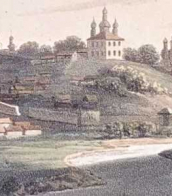
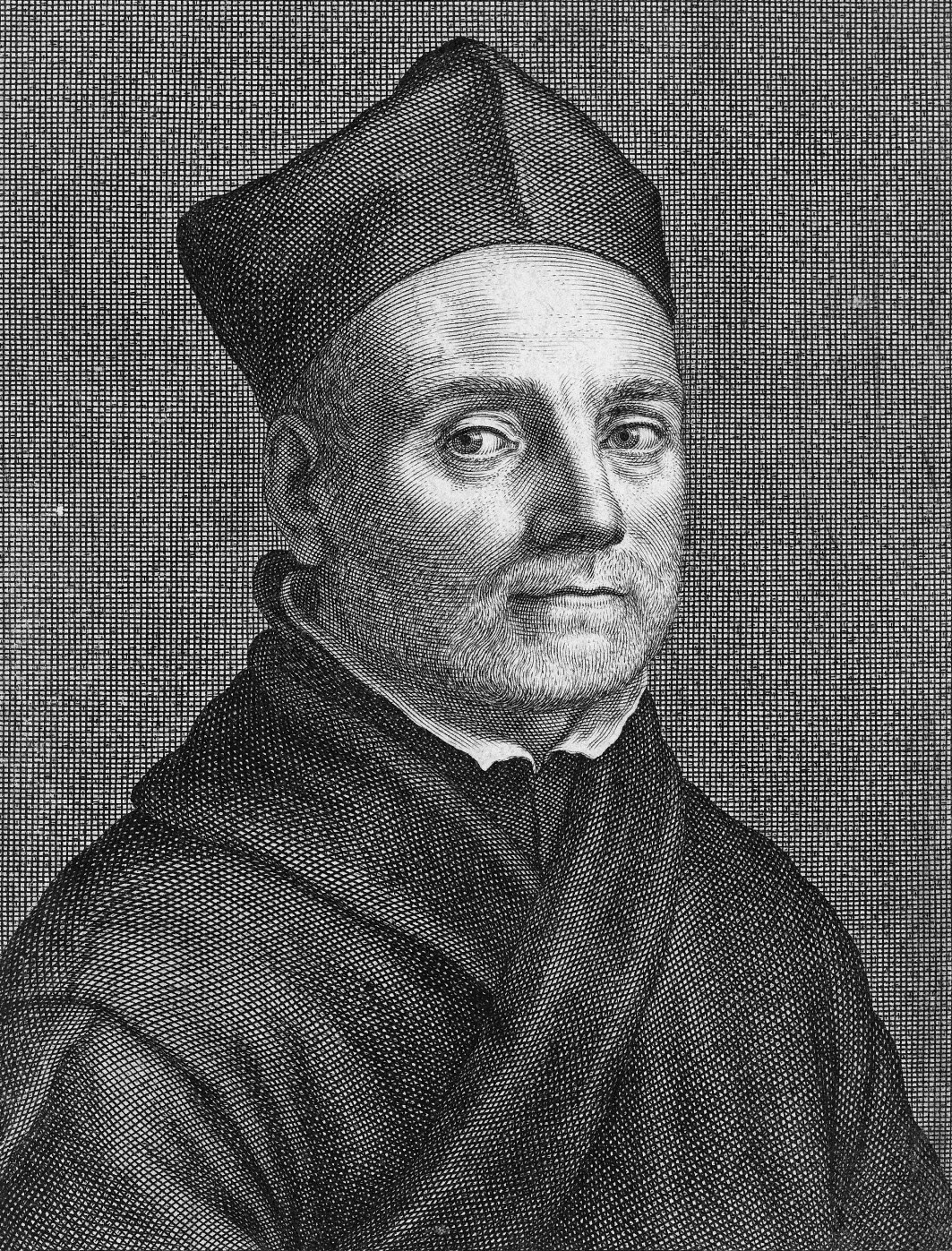
Athanasius Kircher was a German scholar, inventor, professor of mathematics and oriental studies, and a friar of the Jesuit order.
Kircher knew Greek and Hebrew, did scientific and humanities research in Germany, and was ordained in Mainz in 1628. During the Thirty Years' War he was forced to flee to Rome, where he remained for most of his life, serving as a kind of intellectual and information center for cultural and scientific information drawn not only from European sources but also from an extensive network of Jesuit missionaries. He was particularly interested in ancient Egypt and attempted to decipher hieroglyphics and other riddles. Kircher also compiled A Description of the Chinese Empire (1667), which was long one of the most influential books that shaped the European view of China.
A renowned polymath, Kircher conducted scholarly research in a variety of disciplines, including geography, astronomy, mathematics, languages, medicine, and music. He wrote some 44 books, and more than 2,000 of his manuscripts and letters have survived. He also assembled one of the first natural history collections.

![[PERRAULT, Claude (1613-1688), and Jean PICARD (1620–1682)]](/assets/image/picture_4735232/9860f/4f7086a39141d90bdd18660a8f5b88831752012000jpg__fix_374_244.jpeg)
![[PERRAULT, Claude (1613-1688), and Jean PICARD (1620–1682)]](https://veryimportantlot.com/assets/image/picture_4735232/9860f/4f7086a39141d90bdd18660a8f5b88831752012000jpg__fix_374_244.jpeg)
